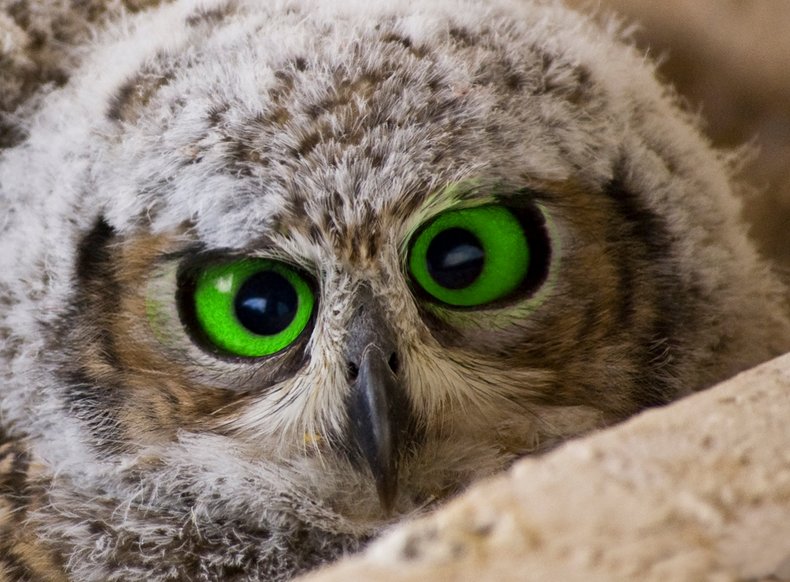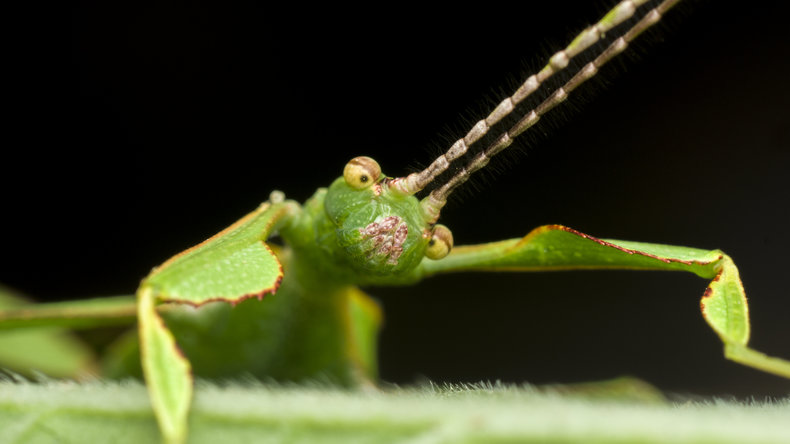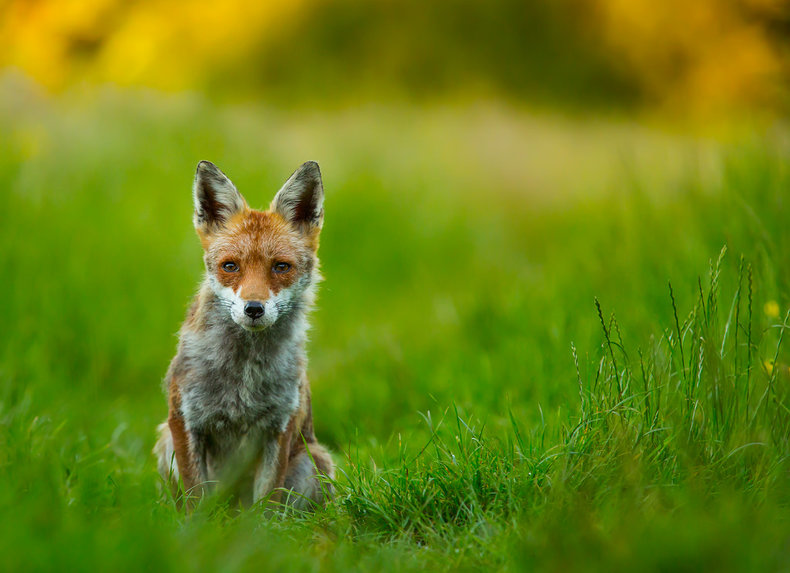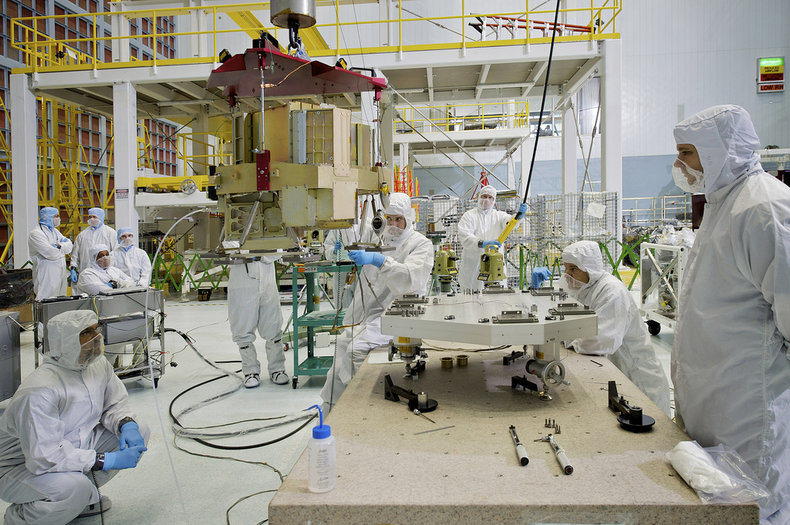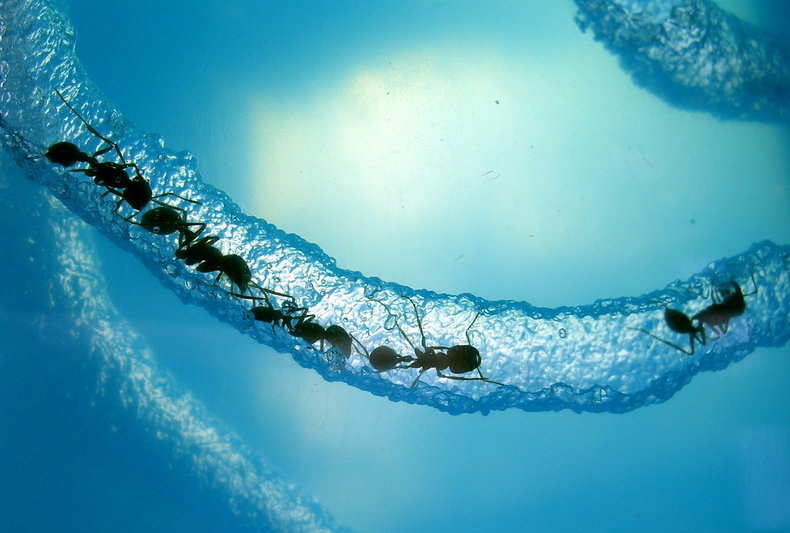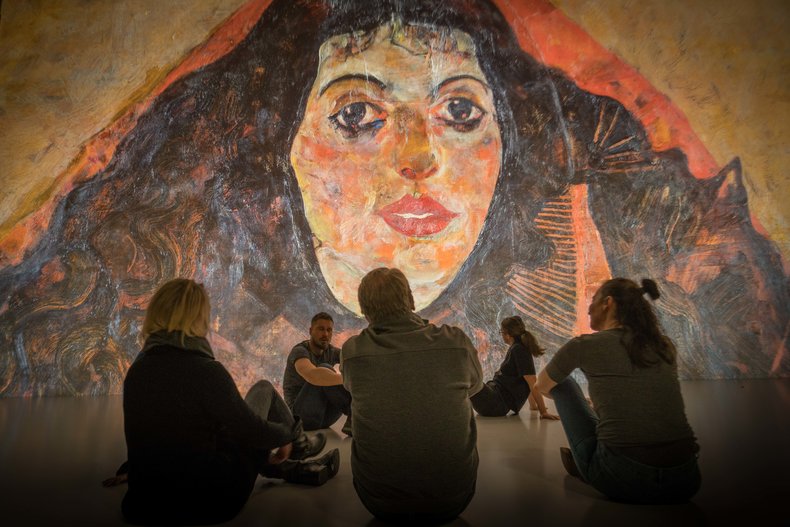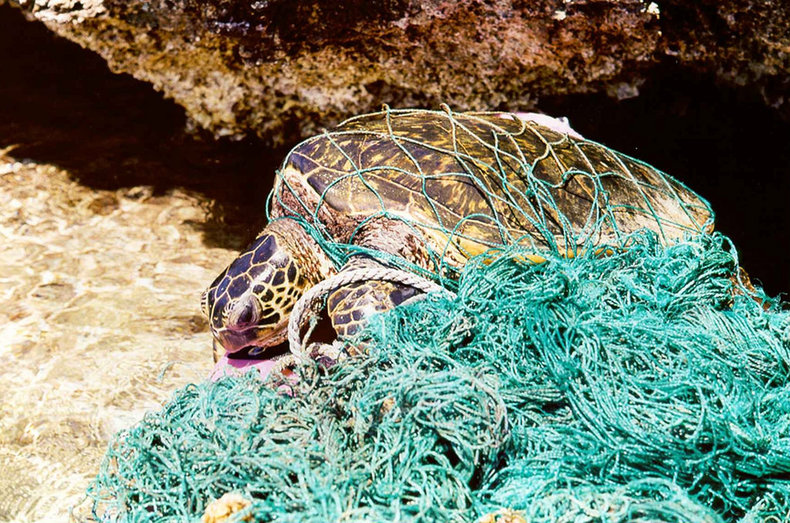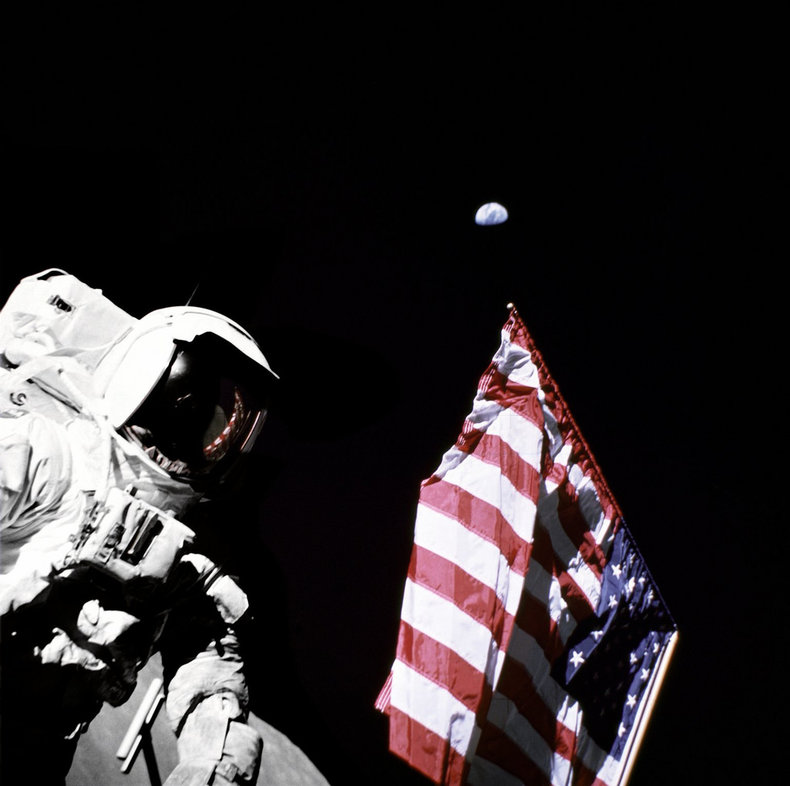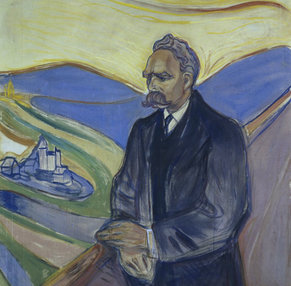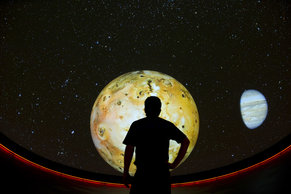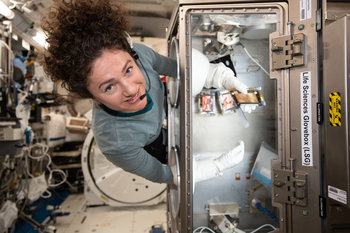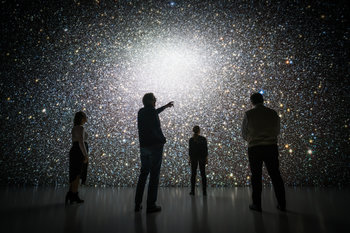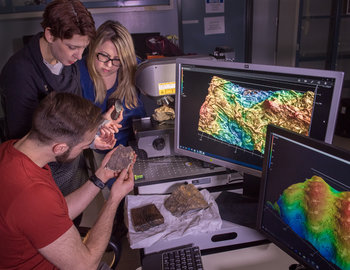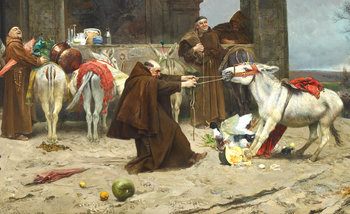|
| |
John Spacey, December 16, 2020 updated on April 12, 2023
Life is the set of all animate beings that have the capacity for self-directed functional behavior and change. This can be contrasted with inanimate things such as a volcano that may move and change but not in a self-directed way. The exact definition and characteristics of life are the subject of much debate that has thousands of years of tradition behind it. The following are examples of life and its apparent characteristics.
AwarenessLife has the capacity to sense the universe and react to it. In many cases, it is also self-aware. This varies from basic awareness that the body exists to the human ability to be introspective such we can contemplate our own characteristics, thoughts and existence. Growth & DevelopmentLife has the capacity to change, grow and develop. For example, a child develops knowledge, skills and resilience using a creative process known as play. It is common for play to include socialization, risk taking, competition and physical activity.
NeedsLife has needs such as food, water, warmth, rest, security, safety and reproduction. Some animals have a need for social interaction. Humans have high level needs in areas such as learning, freedom, existence, relatedness and growth. Adaptation Life is extremely resilient and adaptive as it continually changes in response to its environment.EvolutionAdaptations can be passed to one generation to successive generations with a process of heredity. HylomorphismHylomorphism is a foundational theory of life first expressed by Aristotle that basically states that life is the union of a living body and a soul. Aristotle identified three types of soul as follows.| Name | Applies To | Characteristics | | Vegetative Soul | Plants | Grow, Reproduction | | Sensitive Soul | Animals | Grow, Reproduction, Mobility, Sensation | | Rational Soul | Humans | Grow, Reproduction, Mobility, Sensation, Rational Thought, Introspection |
Survival of the FittestIt is estimated that over five billion species have historically gone extinct representing over 99% of all species that have ever lived on Earth. As such, modern species are highly adapted and evolved as the survivors of a turbulent and competitive past.Life on Earth has existed for at least 3.5 billion years. Generally speaking, it has evolved from the simple to complex from organic molecules and pre-cellular life all the way up to humans that have extremely complex biology, particularly their brains. For example, humans have 125 trillion synapses in their cerebral cortex alone.CompetitionDue to factors such as constrained resources and a harsh environment, life is inherently competitive. Many of the species that have survived to this day are fearsome competitors for resources such as food. Humans are so competitive that they commonly create competition with games and sports as a source of entertainment, fun and self-fulfillment.CooperationA species may cooperate with each other and in many cases have a mutually beneficial relationship with other species. In some cases, this cooperation is quite complex such that members of a group specialize into roles. Humans go quite far in this regard whereby they essentially cooperate as an entire society or group of societies that can include hundreds of millions of members with specialized roles. Infrastructure & ToolsLife may find the non-living environment such as weather to be harsh and unpredictable. However, life has the capacity to build infrastructure and tools from inanimate materials that help. For example, ants can build supercolonies that include infrastructure such as tunnels that can span hundreds of acres of land. KnowledgeLife has the capacity to explore and test to discover knowledge. In humans, this takes on a life of its own that resembles an evolutionary process. Humans can quickly communicate knowledge and argue about its validity and applications. As such, knowledge that is useful and validated tends to survive over time such that it adapts and improves quickly.PhilosophyLife is part of the universe. Life, or at least humans, contemplate the nature of the universe with an area of thought known as philosophy. As such, life allows the universe to contemplate itself. Philosophy asks basic questions -- for example is time a dimension of the universe or is it just a property of our perception that helps us to sequence cause and effect.ImaginationLife can have an imagination such that it can think about things that differ from concrete reality. Animals may imagine as they dream and play. However, humans particularly excel in this area with the ability to think in abstractions, possibilities and counterfactual thinking that considers how the past could have been different. As such, the universe, through life, not only has the capacity to contemplate itself but can imagine how things could be different.IdealismIdealism is the belief that it is ideas that construct reality and not the other way around. This feels wildly unrealistic and perhaps dangerous as humans certainly can't bend external concrete reality to our whims. However, idealism does have practical applications. For example, ideas from fiction can eventually become reality through the process of invention. Likewise, humans can simulate ideas from imagination with virtual environments that feel somewhat real.Existential Angst Existential angst is the fear that life has no meaning. This inspires life to find an epic purpose. For example, art and culture may be inspired by a desire to find meaning in life.ExperienceThe experience of life, from the perspective of organisms living it, includes harsh realities such as pain, disease, uncertainty, failures and death. However, the experience of life also includes great rewards. For example, the human experience includes elements such as freedom, humility, work, creativity, play, humor, comradery, love, joy and wonder.EntropyEntropy is the amount of disorder in a system. According to the Second Law of Thermodynamics, the entropy of an isolated system can only increase with time. This can be used to explain the observation that all living organisms age and that this appears to be an inescapable feature of systems including the Universe itself.EcosystemAn ecosystem is a community of organisms together with the environment where they live that form a system. Organisms in an ecosystem may play a role that essentially provides a service to the system. For example, a herbivore that spreads manure and seeds across grasslands to fertilize plants that also serves as food for several species of carnivore. Humans have become so dominant on planet Earth that they commonly interfere with ecosystems in a wide range of ways such as pollution or consumption of land.BiosphereThe biosphere is the sum of all ecosystems on the planet Earth. As far as we know, this relatively small planet in the vastness of space is the only place where life exists.NotesRegarding the inevitability of aging, some organisms don't exhibit a rising death rate or declining health when they reach maturity. This is known as negligible senescence and isn't considered an exception to entropy but is viewed as very slow aging due to factors such as a slow metabolism.
Life
This is the complete list of articles we have written about life.
If you enjoyed this page, please consider bookmarking Simplicable.
An overview of needs with examples.
An overview of what can be considered a thing with examples and counterexamples.
An a-z list of common activities.
The study of artistic taste.
A list of common types of event.
A guide to concepts and theories related to intelligence.
A list of common leisure activities.
An overview of personal life with examples.
The definition of play with examples.
An overview of philosophy with examples.
The definition of rationalism with examples.
The original text of the Chinese farmer parable.
A list of antonyms for equal.
The common characteristics of humans.
The true opposites of reality.
A list of personality characteristics.
The definition of ghost in the machine with examples.
A list of sciences.
A list of materials ranked by mohs hardness.
The definition of infinity with examples.
An overview of the characteristics and properties of sound.
A vocabulary for describing science, research and scientific knowledge.
Everything you ever wanted to know about the moon.
The common types of hypothesis with examples.
A list of the basic types of radio waves with useful charts.
TrendingThe most popular articles on Simplicable in the past day.
Recent posts or updates on Simplicable.
Site Map
© 2010-2023 Simplicable. All Rights Reserved. Reproduction of materials found on this site, in any form, without explicit permission is prohibited.
View credits & copyrights or citation information for this page.
|




